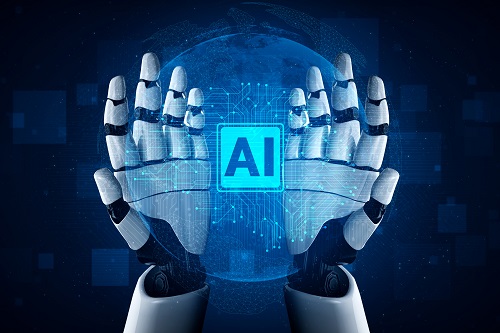
Investment and trading have come a long way in the last few decades. Online trading platforms and options democratized the market and ensured that trading stocks and shares was no longer the sole pursuit of the wealthy. With the advent of the first truly functional AI programs and software, the industry is being disrupted once more.
Proponents of AI based algorithms in trading claim that these programs will minimize risk and maximize rewards. Companies like Immediate Edge are at the forefront of this movement and offer huge amounts of information for those interested (just be sure you check their official website).
If you just want to know the basics, however, this short guide will tell you what you need to know.
AI-Trading: the Future of Fintech?
AI – or artificial intelligence – may be relatively new, but it’s already shaking up multiple global industries. While professionals in the arts face uncertainty about their future alongside AI, Fintech companies and professionals are lucky. AI can seriously enhance their efforts and platforms.
AI has the ability to gather a huge amount of information incredibly quickly and, as a result, can track market trends more reliably than any human being. What’s more, they can be trained to account for risk factors. As a result, AI-led trading strategies minimize the risk of trading too soon or too late, of missing key risk factors, or generally falling into traps that can be labeled “human error.”
The Pros and Cons of AI-Led Investing
When you think of it like that, using AI in your investing and trading strategy can seem like the perfect solution. It’s not, however – AI programs are still young and even companies like Immediate Edge, ostensibly champions for AI, state that there are still improvements to be made.
So, what are the pros and cons for those interested in using AI trading?
Pros
Huge data gathering and analysis capabilities
Ability to assess risks and rewards accurately and without emotion
Increased accuracy compared to human strategizing
Automated decision-making, allowing for quick and precise trades
Cons
AI is only as reliable as the data it is given
Lack of emotional bias includes ethical concerns
Inflexible; AI must work within its set parameters
There is also the matter of jobs. Many people are concerned about AI being put in place to replace human work in some cases. At the moment, however, AI is not advanced enough to take on more than simple, formulaic tasks within set parameters. Nonetheless, many people have ethical qualms about this.
In the end, the most important thing to keep in mind is that no form of trading comes entirely without risk. Take steps to inform yourself and safeguard your financial wellbeing. Only trade with what you can afford to lose and you’ll never find yourself in crisis if the market becomes volatile.
Be the first to comment